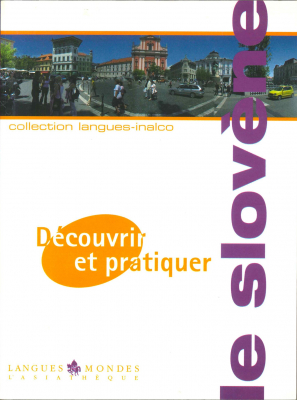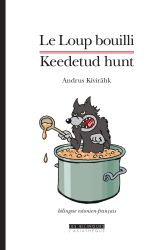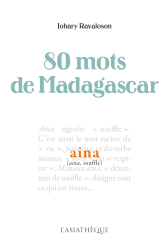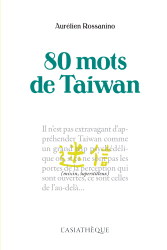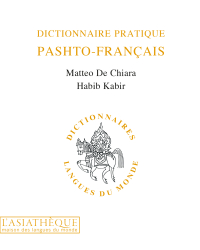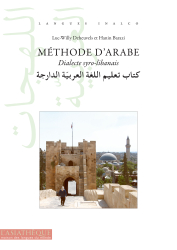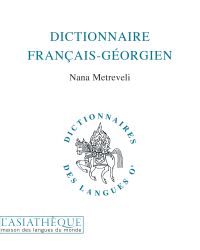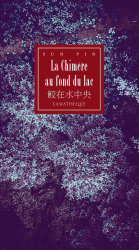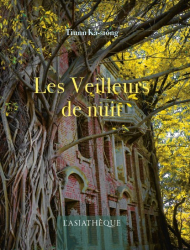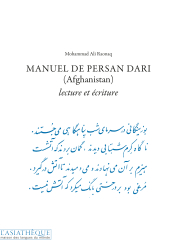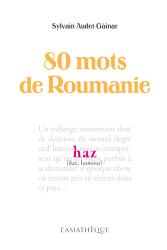Découvrir et pratiquer le slovène (CD Rom + Livre)
A lively introduction to the Slovenian language and culture. A CD-ROM with a complete course including interactive texts, exercises, images, videos, voice recordings, grammar, culture, communication cards, and a double lexicon (Slovenian-French, French-Slovenian). The book contains literary and everyday texts, sayings, songs, games, and part of the CD-ROM content (Introduction to the country, dialogues from the videos, grammar summary, double lexicon). Level A1 + A2 (Common European Framework of Reference for Languages). In the same collection : Découvrir et pratiquer le bulgare (Discover and practice Bulgarian), and Découvrir et pratiquer le slovaque (Discover and practice Slovak). The ALPCU project (Apprendre les langues nationales des pays candidats à l'entrée dans l'Union européenne) formed, under the coordination of INALCO, is a transnational partnership driven by expertise and innovation. It concerns itself with the languages of three countries, Bulgaria, Slovakia, and Slovenia, all three now members of the European Union. Configuration required : PC 1,5 GHz (or +), memory 256 Mo (512 Mo recommanded), 70 Mo available on Hard Disk, graphic card 1024 x 768, sound card 16 bits, microphone and speakers (or head-phones with mic) - Windows 2000 / XP - Internet Explorer 6 (or +) or Firefox 1.5 (or +)
CONTRIBUTORS' BIOGRAPHIES
Antonia Bernard
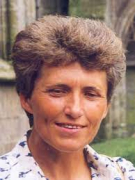
Antonia Bernard, born in Slovenia, has an associate degree in Russian and a doctorate in Slavics, specialist in Slovenia and the history of Slavism, translator. She is a lecturer at the National Institute of Oriental Languages and Civilizations and a member of the Center for the Study of Middle Europe and the Center for Balkan Studies. We owe him The Little History of Slovenia (Institute of Slavic Studies 2000). Slovenia (with Georges Castellan, Que sais-je? 1996) and recently the collection Histoire de la slavistique. The role of Institutions (Institute of Slavic Studies 2003).
Marko Jesensek
Marko Jesenšek, born on March 14, 1960 in Maribor, PhD in linguistic sciences, Full Professor of Slovenian Language at the Faculty of Arts of the University of Maribor. He attended the Prežihov Voranc primary school and Miloš Zidanšek secondary school in Maribor. He graduated from the Faculty of Arts of the University of Ljubljana in 1983. He obtained his Master's degree in 1990, and in 1994 defended his PhD thesis under the mentorship of Professor Martina Orožen. In 1989, he attended SAS Bratislava and in 1990, Czech Language Summer School in Prague.
